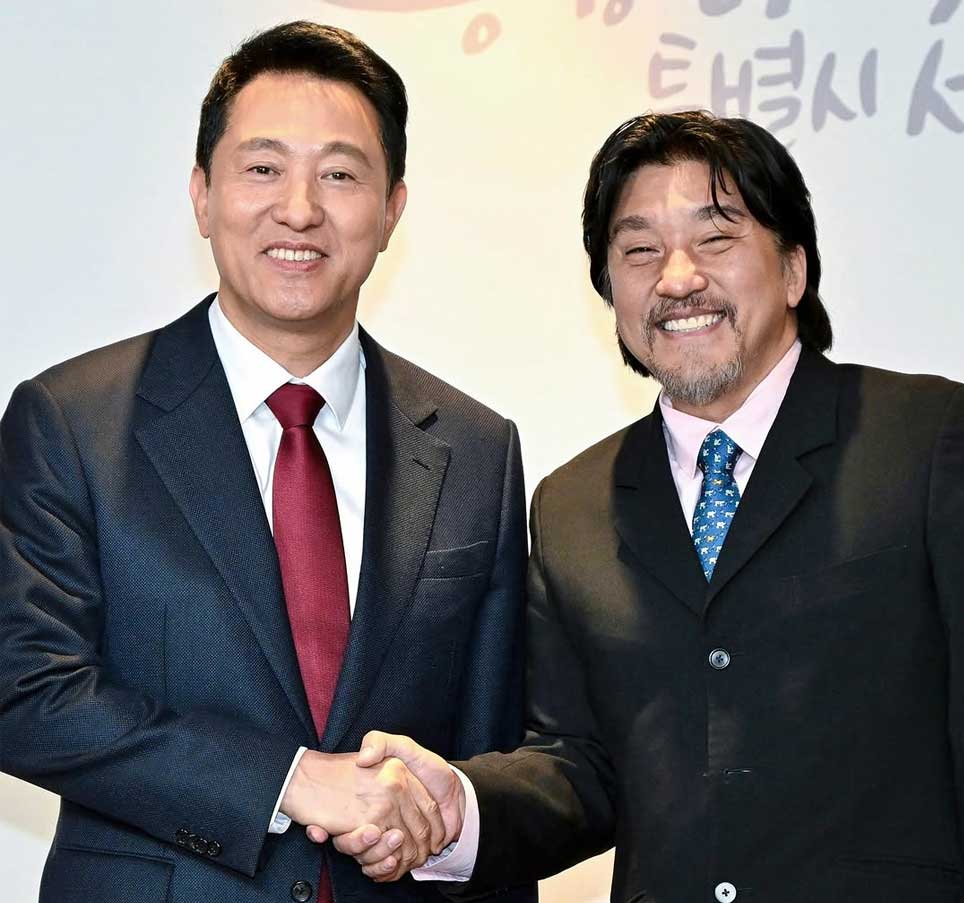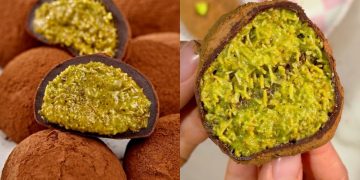Last Updated on 9 months by admin
Korean famous chef Edward Lee has been selected as the new culinary ambassador for Seoul city. But how does the “Culinary Class Wars” chef affects the Korean food culture and tourism? Join the discussion in the extensive Seoul travel guide below.
Chef Edward Lee: A New Flavor Ambassador for Seoul Global Food Story
If you’ve ever followed the aroma of sizzling bulgogi through a street market or spent hours in a café in Hongdae tasting bingsu between gallery stops, you already know Seoul isn’t just a city—it’s an experience you taste. And now, Seoul is getting serious about bringing that experience to the world with a new face: Chef Edward Lee, the celebrated Korean-American chef who captured hearts as the runner-up on Netflix’s “Culinary Class Wars.”
On May 7, 2025, the Seoul Metropolitan Government officially appointed Edward Lee as a promotional ambassador for Seoul, marking a new chapter in how the city shares its culinary identity with international travelers like you.
But why does this matter to you as a traveler? Let’s dig in.
Why “Culinary Class Wars” Chef Edward Lee? And Why Now?
Edward Lee isn’t just another chef with a television credit. He’s a deeply respected voice in the culinary world—praised not just for his cooking, but for what he stands for. Throughout his career, Lee has championed inclusivity, advocated for the rights of underrepresented professionals in the food industry, and brought an emotionally honest perspective to his work that transcends trends.
And that makes him the perfect match for Seoul right now.

Seoul, a city where centuries-old food traditions meet constant reinvention, isn’t just aiming to impress visitors—it wants to invite you in. Lee’s appointment signals that the city is ready to embrace travelers who aren’t just looking for the most Instagrammable dish, but those who want to understand the meaning behind the meal.
What Does Edward Lee and His Appointment Mean for Your Trip to Seoul?
With Edward Lee at the helm as culinary ambassador, travelers can expect more immersive and globally-aware food experiences throughout Seoul. Here’s how it might shape your next visit:
1. Spotlight on Seoul’s Diverse Culinary Scene
Seoul isn’t just samgyeopsal and bibimbap. Expect increased visibility and access to food tours, neighborhood tastings, and chef-led events that dive into Seoul’s multicultural and regional food culture. For example, it will be entirely possible to experience small-scale tofu makers in Eunpyeong, female-led kimchi cooperatives in Mapo, or experimental chefs blending Korean roots with global flavors.
2. Deeper Connections with Local Chefs and Creators
Edward Lee’s reputation as a “chef’s chef” brings attention to the people behind the dishes. Therefore, you can expect future initiatives to highlight homegrown chefs, independent restaurateurs, and food artisans who’ve long shaped Seoul’s culinary DNA.
3. A Seat at Seoul’s Global Table
If you’re planning your trip during food festivals, cultural events, or even pop-ups curated by the city, keep your eyes open for Lee’s involvement or curated events he helps bring to life. His presence may lead to more international-friendly culinary events, with English-speaking tours, fusion tasting menus, and cultural storytelling woven into the dining experience.
Not Just “Culinary Class Wars” Chef Fine Dining Level — But Food with Soul
Edward Lee’s culinary background bridges Korean heritage with a multicultural lens. His appointment reinforces a message Seoul has been trying to share: your taste of Korea can be personal, emotional, and totally your own.
Whether you’re picking up street food at Gwangjang Market or sitting down for a six-course fermentation-focused tasting menu in Itaewon, the soul of Korean cuisine lies in its stories. And Chef Lee is right here at the center of Seoul to help you hear them.
Plan Your Culinary Journey in Seoul – A Complete Travel Guide
If Seoul is already on your radar for 2025, here are a few places to explore that capture the spirit of Edward Lee’s culinary ethos:
- Gwangjang Market: For raw authenticity. Try hand-cut noodles (kalguksu) or the famous bindaetteok (mung bean pancakes).
- Mullae-dong: A neighborhood where old machine shops coexist with artsy wine bars and chef-owned bistros.
- Seochon and Bukchon Hanok Villages: Home to traditional hanjeongsik restaurants tucked into old Korean houses.
- Seoul Food & Culture Academy: Offers hands-on cooking classes in English, from royal cuisine to temple food.
And don’t forget to check the official Visit Seoul and Seoul Tourism Organization websites for updates on culinary events and festivals likely to feature Chef Lee’s involvement.
Why This Matters for Global Travelers
Finally, you don’t need to be a chef to appreciate good food—but when Seoul chooses someone like Edward Lee to represent the city, it actually sends a clear message: food is culture, and culture is connection. Therefore, for international travelers, this means Seoul isn’t just a destination—it’s an invitation to be part of the story.
So next time you’re planning a trip, let your tastebuds take the lead. Seoul is ready to feed your curiosity—literally.
Related Posts
2,343 total views, 4 views today

















